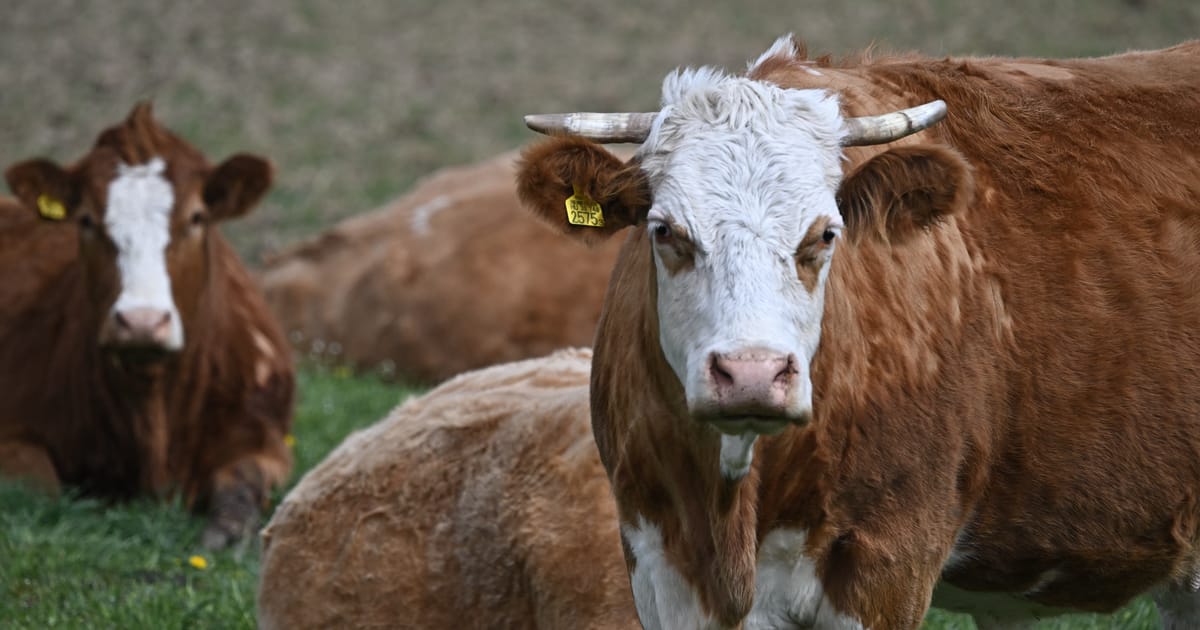A vet working at a British port health authority — granted anonymity to speak freely — said there was already evidence of criminals taking advantage of the ban.
“Unfortunately, I’ve seen firsthand how this is already being exploited,” they said. “For example, in Facebook groups, the situation is escalating. A colleague from an EU country informed me that some companies are openly advertising to clients that they are still importing dairy and meat products, telling them ‘not to worry.’
“They even invite people to contact them directly. So, in my opinion, this change may actually result in more illegal imports than before — unless there is proper enforcement at the border. However, now Defra has a convenient excuse — they can say: ‘We have done our part by setting the policy; it’s up to the enforcement authorities to implement it.’”
There are also concerns about the way the ban was communicated to authorities. According to Buckingham, the announcement of the new rules “came as a shock to Dover Port Health Authority, which was given no advanced warning or time to prepare” and heard about the ban at the same time as the general media release.
“This is appalling practice,” she said. “Dover is single-handedly holding disease threats from illegal personal imports at bay.”
For its part, the government said it was working closely with Border Force, Port Health Authorities and airlines to make passengers aware of the new rules, in addition to the roll out of digital and social media content.
But for those on the frontline, the risk of not taking further action is too great to ignore.
“The cost of foot-and-mouth disease and African swine fever arriving here in Great Britain will run into millions, if not billions,” Buckingham said. “The water around our island does not protect us, when illegal goods are simply driven over in cars and lorries stuffed onto a ferry.”
